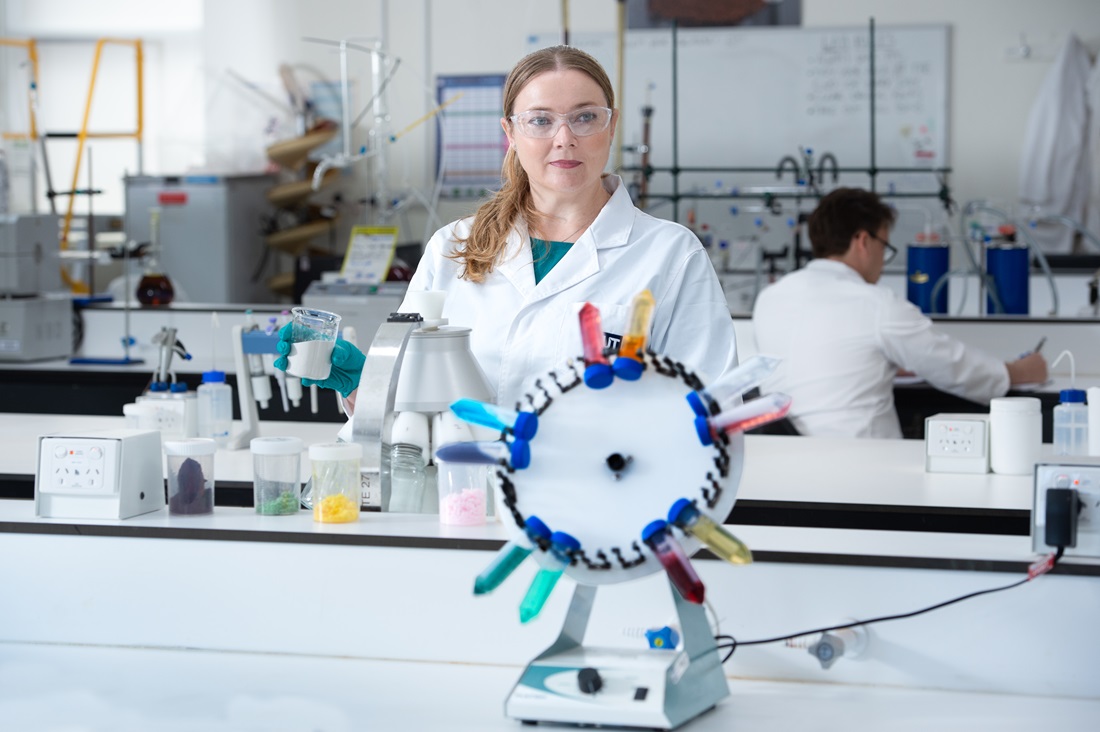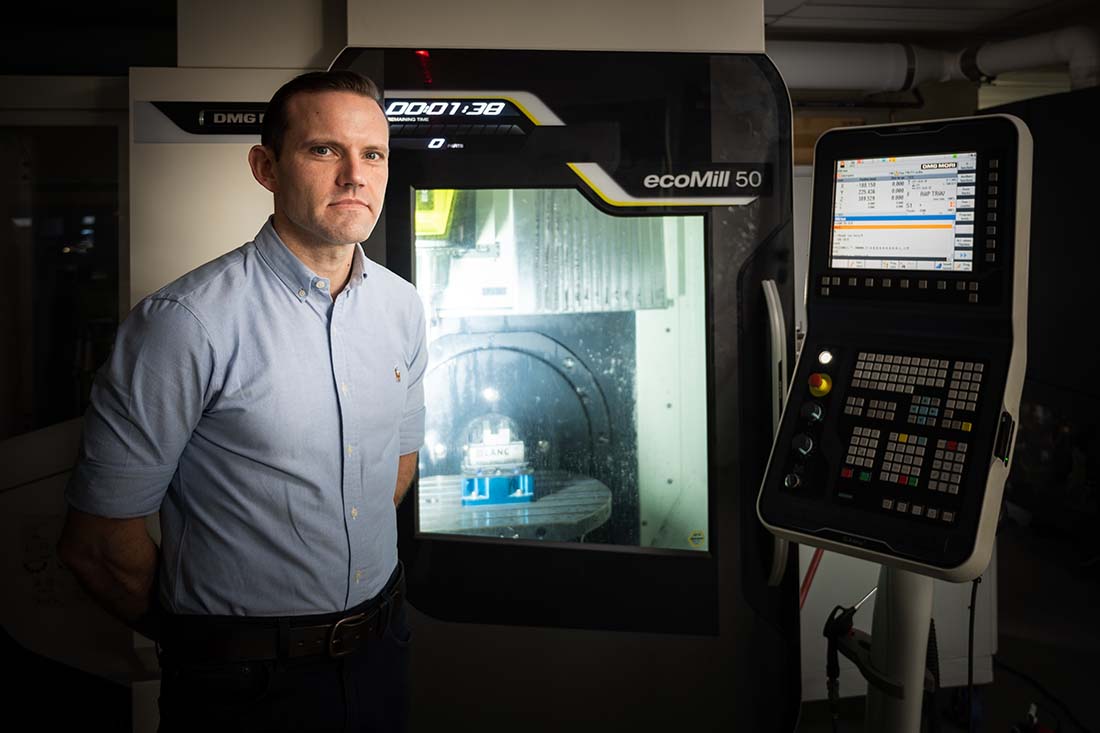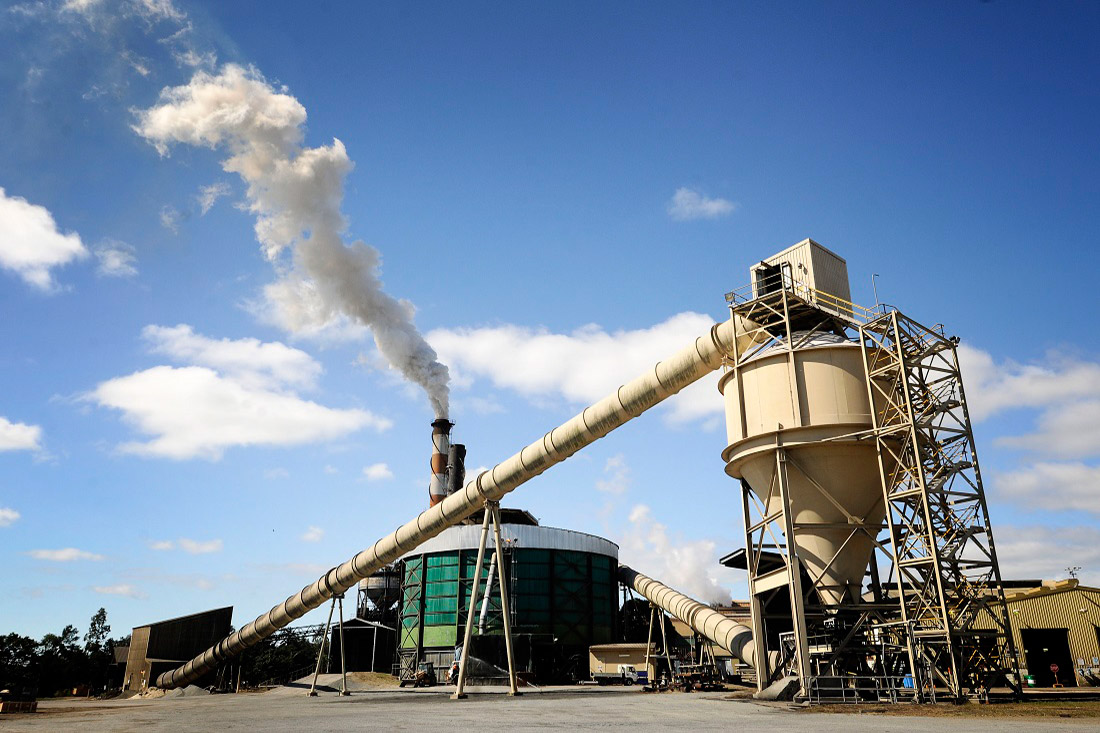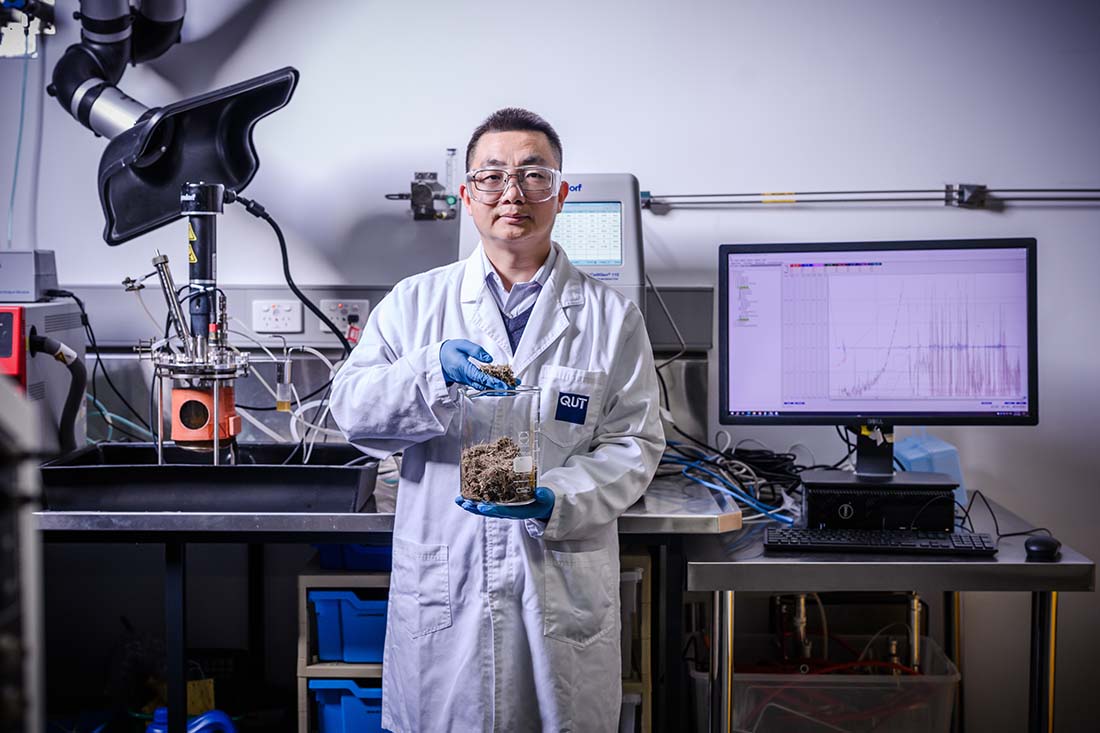Gain a competitive advantage
'Our Master of Advanced Manufacturing provides you with a competitive advantage for your career. It focuses on sustainable and resilient manufacturing systems, advancing technology and practices in digital and bioprocess engineering. Develop your engineering capabilities and lead the creation of sustainable production systems. Our industry-embedded academics ensure a relevant and up-to-date program.'
Lead the future of manufacturing
‘The future of the manufacturing industry depends on net zero impacts, human-centric design, and highly customisable products. Professional engineers working in manufacturing must not just adapt, but must lead the transition from traditional approaches to advanced, digital, and interconnected systems of production.’
Work on-site with industry
As a postgraduate student, you’ll have access to facilities such as our Mackay Renewable Biocommodities Pilot Plant, a fully operating sugar factory, where you’ll work with raw materials and sugar cane by-products to develop and demonstrate a range of technologies at pilot scale.
Lead sustainable change in industry
'Bioprocess technologies are emerging as critical in providing solutions to reducing carbon emissions, improving access to nutritious food and enhancing the circular economy. By harnessing the power of bioprocess engineering, we pave the way towards a sustainable future where manufacturing meets the demands of the present without compromising the needs of the future.'



